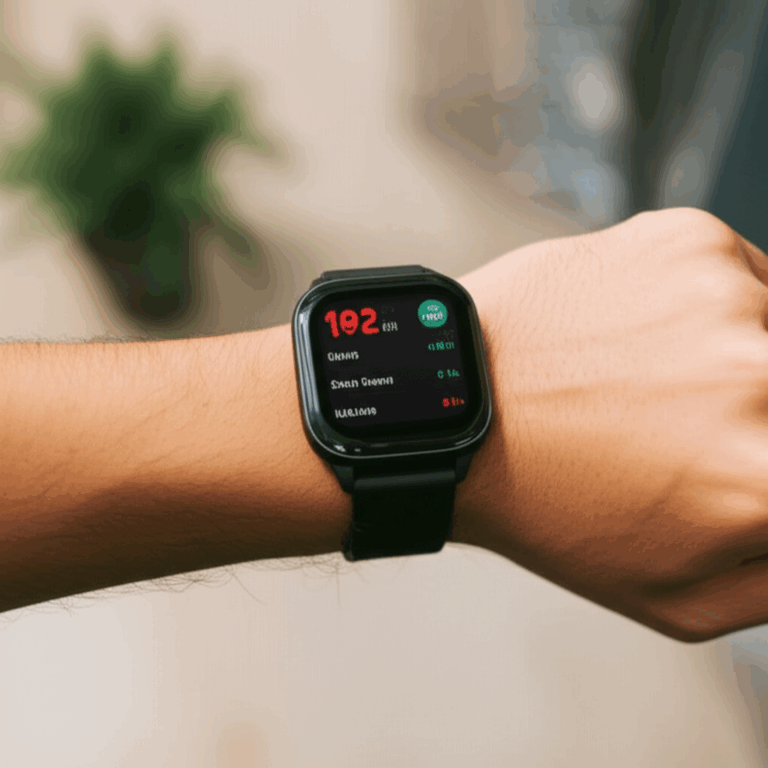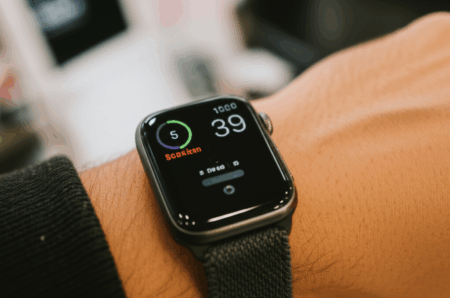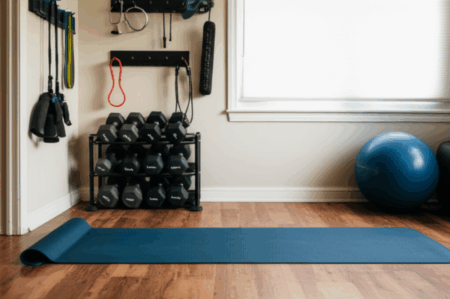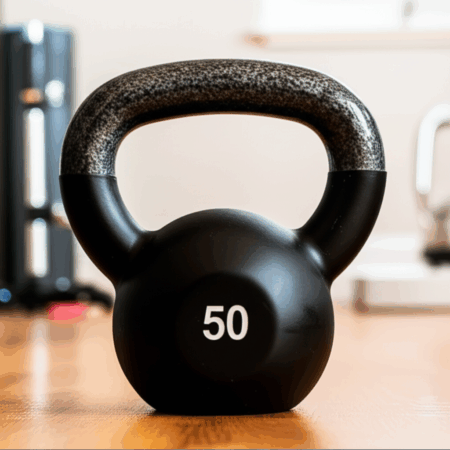In an increasingly data-driven world, fitness technology has evolved far beyond simple step counters. Today’s gadgets offer profound insights into our health, performance, and recovery, empowering individuals to take a proactive approach to their well-being. Personal trainers, who are at the forefront of guiding people toward healthier lifestyles, frequently advocate for specific tech tools that provide actionable data and support holistic health. These experts understand that true well-being encompasses not just workouts, but also recovery, sleep, and a deeper understanding of one’s body.
This article delves into five key pieces of fitness tech that personal trainers consistently recommend to help their clients optimize their health, enhance performance, and improve overall well-being.

1. Advanced Fitness Trackers and Smartwatches: Your Daily Health Dashboard
Modern fitness trackers and smartwatches are often the first pieces of tech personal trainers suggest due to their comprehensive data collection capabilities. These wearables monitor a wide array of metrics, offering a holistic view of daily activity and physiological responses.
Why Personal Trainers Recommend Them
Personal trainers value these devices for their ability to track foundational metrics like steps, calories burned, and active minutes, which are crucial for setting and achieving basic fitness goals. More advanced models, such as the Garmin Venu 3, Fitbit Charge 6, or Apple Watch Series 9, provide deeper insights into cardiovascular health by continuously monitoring heart rate, including resting heart rate and heart rate variability (HRV). HRV is particularly important as it can indicate stress levels and readiness for training.
Benefits for Well-Being
These devices act as a continuous health diary, helping users understand patterns in their activity levels, energy expenditure, and even stress responses. Many integrate with apps that offer personalized recommendations and motivational cues, fostering consistent habits and promoting overall physical health. The ability to track various workout types, from running with GPS to strength training, allows for a more tailored and effective fitness regimen.
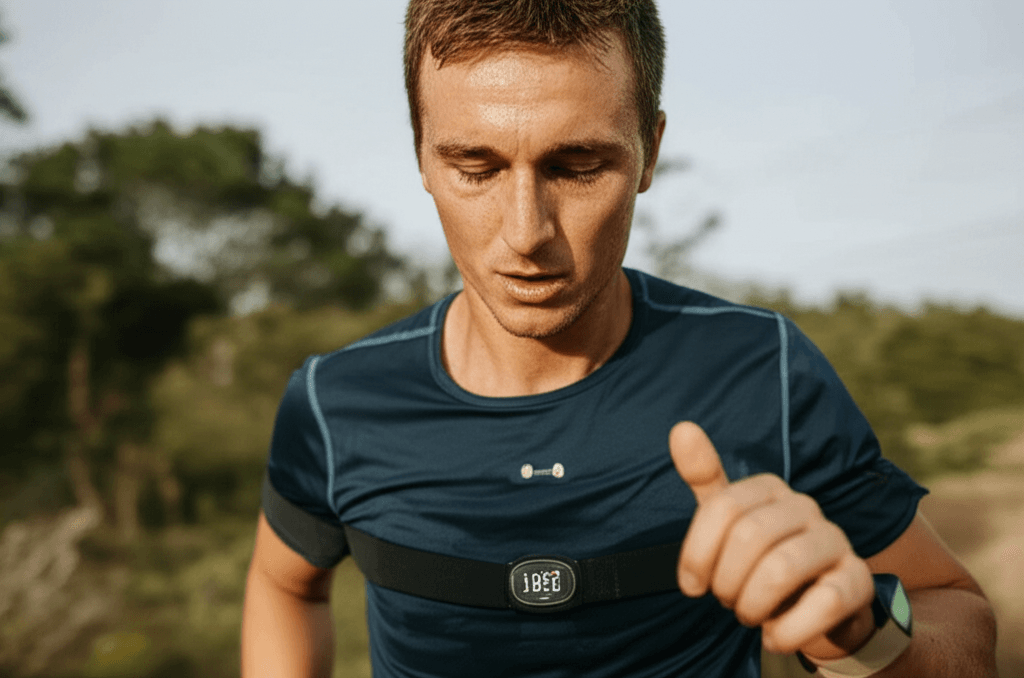
2. Dedicated Heart Rate Monitors: Precision for Performance and Safety
While many smartwatches include wrist-based heart rate sensors, personal trainers often recommend dedicated chest strap or armband heart rate monitors for superior accuracy during workouts.
Why Personal Trainers Recommend Them
For precise training, especially during high-intensity exercise or specific cardio zones, chest strap monitors like the Polar H10 or Garmin HRM-Pro Plus are considered the gold standard. They use electrocardiogram (ECG) technology, which directly measures the electrical activity of the heart, providing more consistent and accurate data than optical sensors on the wrist. This accuracy is crucial for trainers who design heart rate zone-based workouts to optimize performance and prevent overtraining.
Benefits for Well-Being
Accurate heart rate data allows individuals to train smarter, ensuring they are working at the appropriate intensity for their goals, whether it’s improving endurance, burning fat, or enhancing cardiovascular fitness. It also helps in monitoring recovery, as a higher-than-usual resting heart rate could signal the need for rest. Training within target heart rate zones helps clients avoid injury and burnout, supporting sustainable well-being.
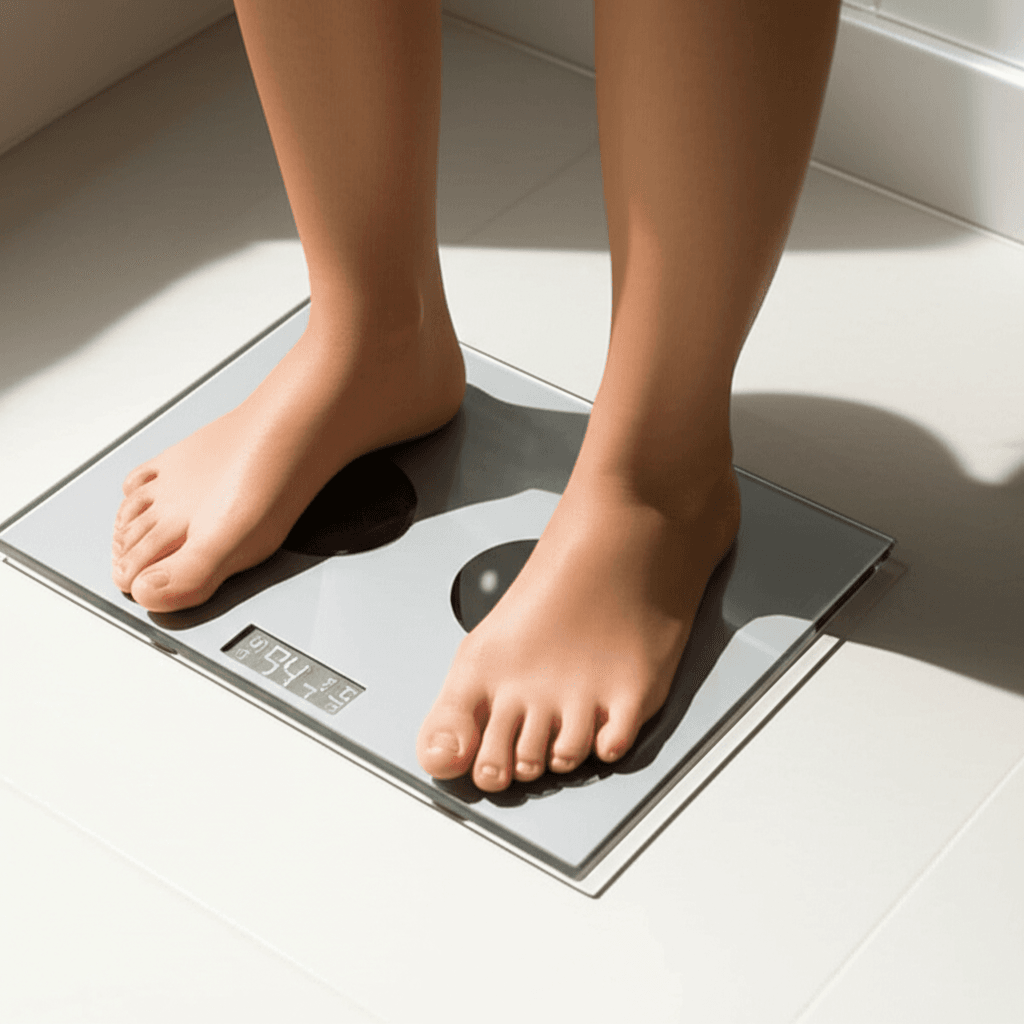
3. Smart Scales: Beyond Just Weight to Body Composition Insights
Traditional bathroom scales only tell part of the story. Smart scales are highly recommended by personal trainers because they offer a more comprehensive understanding of body composition, a vital component of overall health and fitness.
Why Personal Trainers Recommend Them
Smart scales, such as those from Withings, Renpho, or Eufy, go beyond simple weight measurement to analyze metrics like body fat percentage, muscle mass, bone density, and even hydration levels. This detailed data helps personal trainers and clients track progress more effectively, as changes in muscle mass and body fat are often more indicative of health improvements than weight fluctuations alone. Many scales can also sync with fitness apps, consolidating health data in one place for easy tracking over time.
Benefits for Well-Being
Understanding body composition helps individuals focus on building lean muscle and reducing unhealthy fat levels, which is far more beneficial for long-term health than just chasing a number on the scale. For instance, a high BMI might be due to significant muscle mass rather than unhealthy fat, a distinction a smart scale can help clarify. This knowledge empowers users to set more informed and realistic health goals, contributing to sustained physical well-being.
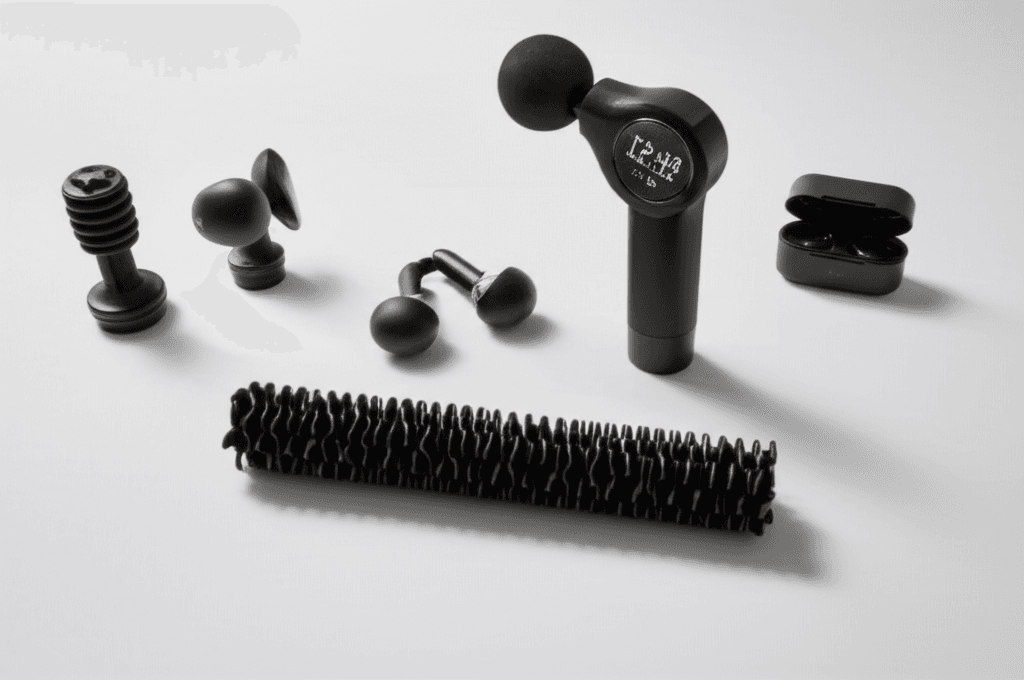
4. Percussive Massage Guns: Enhancing Recovery and Mobility
Recovery is as crucial as the workout itself, and personal trainers increasingly recommend percussive massage guns as an effective recovery tool. Devices like the Theragun are popular for their ability to aid muscle repair and reduce soreness.
Why Personal Trainers Recommend Them
Massage guns use rapid bursts of pressure to penetrate deep muscle tissue, increasing blood flow, releasing tension, and speeding up the recovery process. Amanda Grimm, a certified personal trainer and massage therapist, highlights that regular use can reduce recovery time, allowing for more consistent and intense training. They can also improve range of motion and decrease muscle soreness after tough sessions.
Benefits for Well-Being
Beyond alleviating post-workout soreness, these tools contribute to overall physical well-being by improving flexibility, reducing stiffness, and preventing injuries. For individuals who spend long hours sitting, a massage gun can help combat muscle tension and poor circulation. By promoting better muscle function and reducing discomfort, massage guns support a more active and pain-free lifestyle.
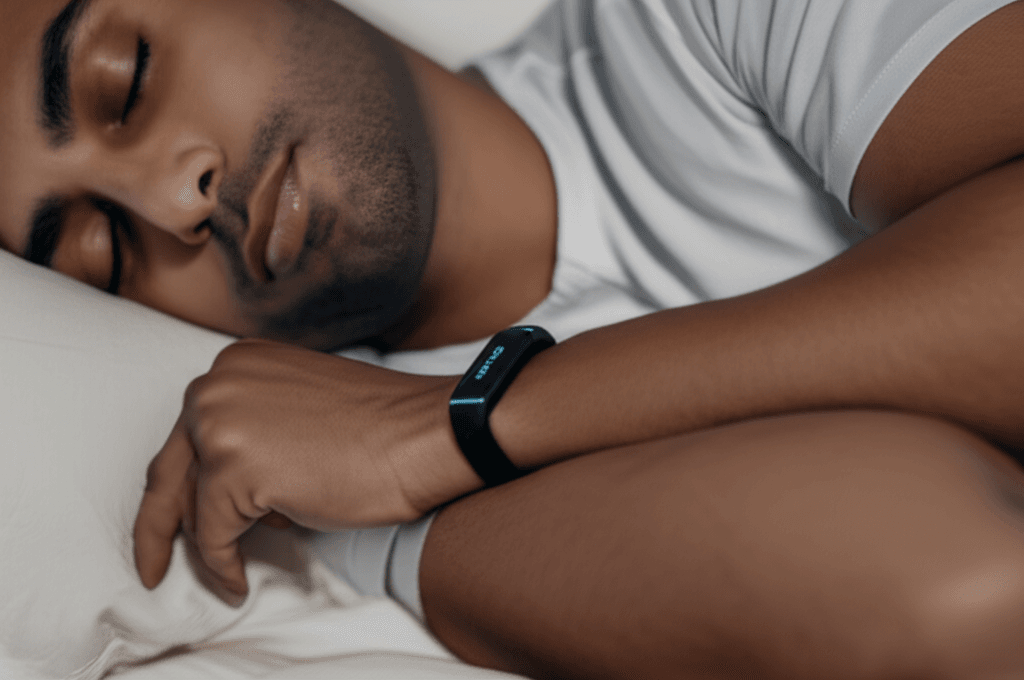
5. Smart Sleep Trackers: Unlocking Restorative Sleep
Recognizing sleep as a cornerstone of health, personal trainers often highlight dedicated sleep trackers or devices with advanced sleep monitoring capabilities.
Why Personal Trainers Recommend Them
Devices such as the Oura Ring, Whoop Band, or even under-mattress sensors like Withings Sleep Analyzer provide detailed insights into sleep architecture, including sleep stages (REM, deep, light), sleep duration, disturbances, heart rate during sleep, and skin temperature. Many also track Heart Rate Variability (HRV) during sleep, which is a key indicator of recovery and stress. This data helps trainers understand a client’s overall recovery status and adjust training plans accordingly.
Benefits for Well-Being
Optimizing sleep has profound effects on physical and mental well-being, influencing energy levels, mood, cognitive function, and physical recovery. By providing actionable insights into sleep quality, these trackers empower individuals to make lifestyle adjustments that promote more restorative rest. Understanding patterns in sleep allows for better management of daily energy, reduced stress, and improved readiness for both physical and mental challenges.
Conclusion
The integration of fitness tech into a well-being regimen, guided by the expertise of personal trainers, offers an unparalleled opportunity for self-improvement. From tracking daily activity and precise workout performance to monitoring vital body composition changes, aiding muscle recovery, and optimizing sleep, these five pieces of technology provide comprehensive data that empowers individuals to achieve their health and fitness goals. By leveraging these tools, you can gain a deeper understanding of your body, make informed decisions, and cultivate a truly holistic approach to your well-being.




